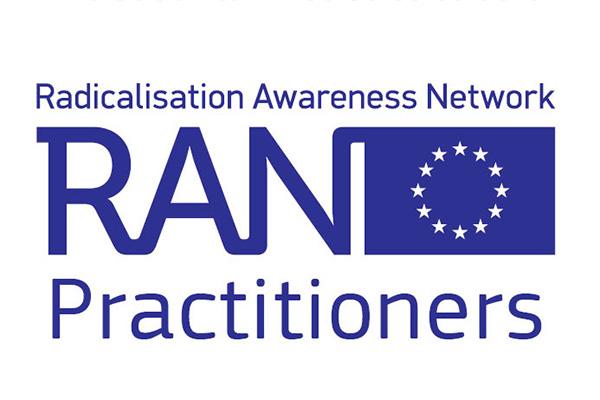
For this joint meeting of the Rehabilitation Working Group and Families, Communities and Social Care Working group, we are presently looking for P/CVE practitioners working with communities and involved in exit work, such as exit workers, probation officers, and community representatives (see more explanation on communities below).
Background
Communities are an important contextual factor in the rehabilitation process of radicalised individuals. Yet, what we mean when we are referring to communities in P/CVE can be elusive. Apart from formal community actors, such as housing agencies, education or employment institutions that will support a reintegration process by way of fulfilling very specific tasks, existing networks of more informal community actors such as sport clubs or neighbourhood organisations are different in every local situation and thus difficult to grasp, let alone involve in a strategic manner in rehabilitation.
In communities, professionals from social work, mental health services, and dedicated rehabilitation work play a large role in the rehabilitation process. They often coordinate this process together with other stakeholders including, e.g., law enforcement, prison or probation officers, or police and local authorities. Civil society organisations (CSOs) have increasingly come to play a central role in rehabilitation and distancing efforts from violent extremist environments and/or ideology.
Individuals returning to communities from violent extremist environments may have cut bonds with family or friends and be looking for new social networks. While some actors in a given community may be open and able to contribute to a positive rehabilitation process, others may not (e.g. because of fear of violence, or condemnation of the individual’s actions). Therefore, communication plays a major role when it comes to communities and rehabilitation. To take advantage of this existing potential, receiving communities should be prepared to contribute to rehabilitation efforts.
Most meetings so far have dealt with the involvement of the family network, while there is still limited experience on how communities and civil society can be better involved in the rehabilitation process and what can be expected from them. Moreover, limitations exist, related to motivation or safety aspects, for example.
Meeting objectives
The goal of the meeting is to allow participants to exchange views on challenges and insights for rehabilitation workers and communities to jointly support the rehabilitation process. What is needed to help communities play this role? What can practitioners (both those working in rehabilitation and those working with communities) contribute? What can be learned from adjacent fields? The deliverable will be a conclusion paper that includes the lessons learned and inspiring practices.
Target audience:
P/CVE practitioners that work with communities or within rehabilitation such as: exit workers, probation officers, community representatives, CSOs working in rehabilitation, local coordinators.
In order to find the best suited participants, we kindly ask you to briefly answer the following questions:
- Do you work within a P/CVE context? To what extent are you involved in the rehabilitation of radicalised individuals and/or working with communities? Please elaborate on the type of work you are doing.
- What are specific methods/approaches you are using to involve communities in the rehabilitation process?
- What challenges do you encounter in your efforts to involve communities in the rehabilitation process?
- Would you like to present a specific approach/experience to the group?
Deadline: 14 November
If you are interested in participating in this meeting, please fill out this form. We will invite participants based on the information provided. Please keep in mind that we only have a limited number of places available for this meeting to foster exchange, so participation cannot be guaranteed.
Please note that the meeting will be held in English (without interpretation).
If you have any further questions, don’t hesitate to contact m [dot] konings radaradvies [dot] nl (Mirjam Konings) or m [dot] vandedonk
radaradvies [dot] nl (Mirjam Konings) or m [dot] vandedonk radaradvies [dot] nl (Maarten van de Donk ).
radaradvies [dot] nl (Maarten van de Donk ).
Sources
Details
- Publication date
- 3 November 2023
- Author
- Directorate-General for Migration and Home Affairs
- Location
- Bucharest
